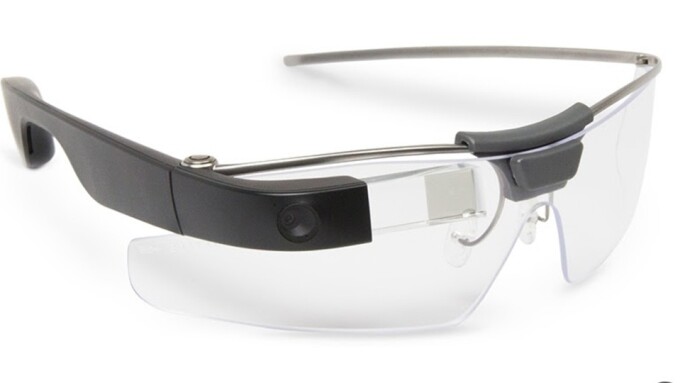SEATTLE — Google is relaunching Glass, the digital eyewear technology that burst onto the tech scene several years ago but failed with consumers in the marketplace.
Glass’ new Enterprise Edition (EE) upgrades the eyewear’s design, the processing power and battery life. The camera — designed to snap on eyeglass frames and display data, videos and images in the line of a person’s sight — takes clearer pictures at 8 megapixels, and a green light turns on when the camera is recording.
Google, however, has decided that it will focus initially on large corporate customers and not general consumers as the product’s base.
Glass previously cost $1,500, but the new product will vary in price based on the needed software customization, customer support and training, Google said.
When Glass rolled out the device to the public in mid-2014, the adult entertainment industry quickly became interested in the product because it perfectly exploited POV-style opportunities.
One adult entertainment company — Mikandi, which runs an app store that counts more than 7 million users and 12,000 apps and channels — put faith in the future of Glass when it first rolled out.
So much faith that the company created a Glass app, called "Tits & Glass," despite the fact that Google policies excluded sexually explicit material.
Mikandi, along with XBIZ, even produced the first-ever Glass porn production, starring adult performers James Deen and Andy San Dimas. The Glass porn video has been viewed more than 7.1 million times on YouTube.
However, the initial Glass had numerous problems. There were privacy and safety concerns for its early adopters, who were called Google Glass Explorers, and many simply became frustrated at its sluggishness of its apps and menus.
At the end of the day, the product, which was sold online and not at brick-and-mortar stores, never took off.
But with Google’s recent decision to only focus on corporate consumers and with virtual reality making waves in porn, Glass EE might not have a clear-cut future in adult entertainment’s landscape.
“A lot has changed since Glass was first introduced to consumers,” Jen McEwen, Mikandi's co-founder, told XBIZ. “The VR market has so many different devices that provide superior entertainment experiences, so it makes sense that Google focuses Glass on enterprises instead.
“We tried our best to make it sexy, but I guess Glass has a corporate fate.”
Currently, Google plans Glass EE to be sold through a network of “Glass partners,” companies that provide training, integration and customer support to businesses.
Pictured: Glass EE







